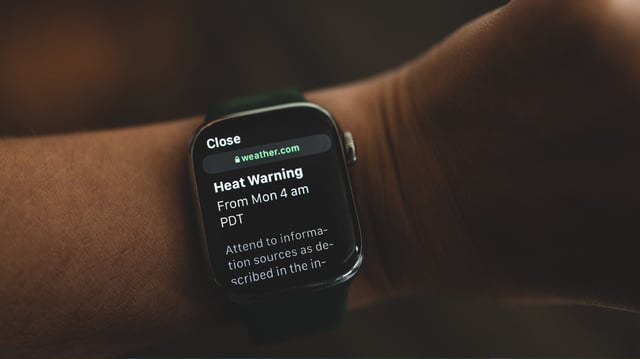Overview
- Heat index readings above 105°F now prompt excessive heat warnings from the National Oceanic and Atmospheric Administration and the Red Cross within 12 to 24 hours.
- Climate-driven heat waves have forced officials to recommend daily intake of nearly 70 ounces of water as the most effective hydration strategy.
- Evaporative cooling techniques—such as misting the skin or wiping with damp cloths—are endorsed as the fastest way to lower body temperature outside medical facilities.
- Infants, older adults, pregnant women, outdoor workers and those without reliable air conditioning face the highest risk of heat-related illnesses.
- Recent studies link severe heatstroke to long-term kidney decline, elevated cardiovascular disease risk and lasting cognitive impairments.



